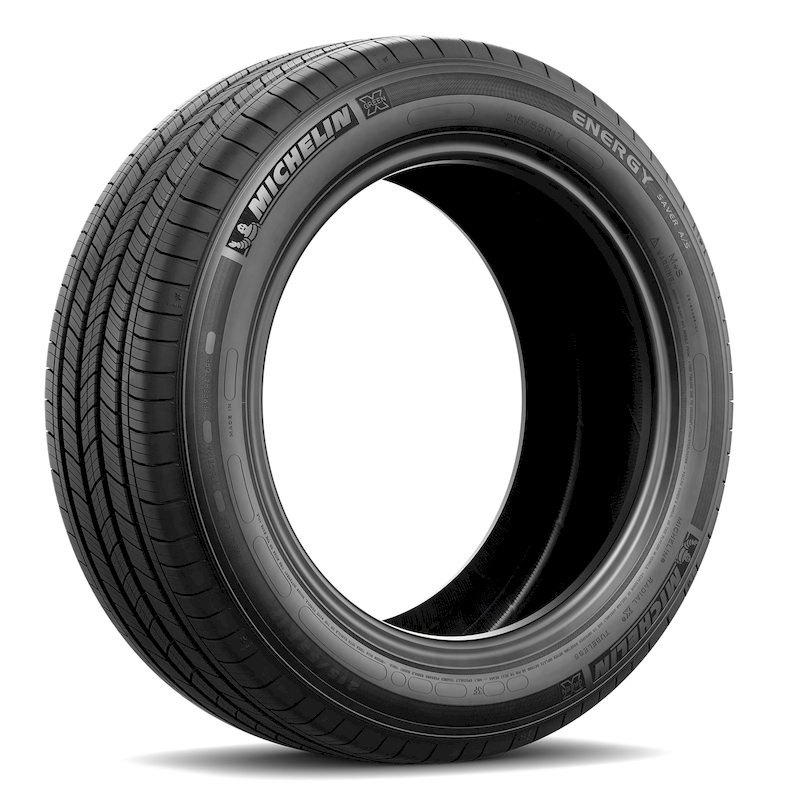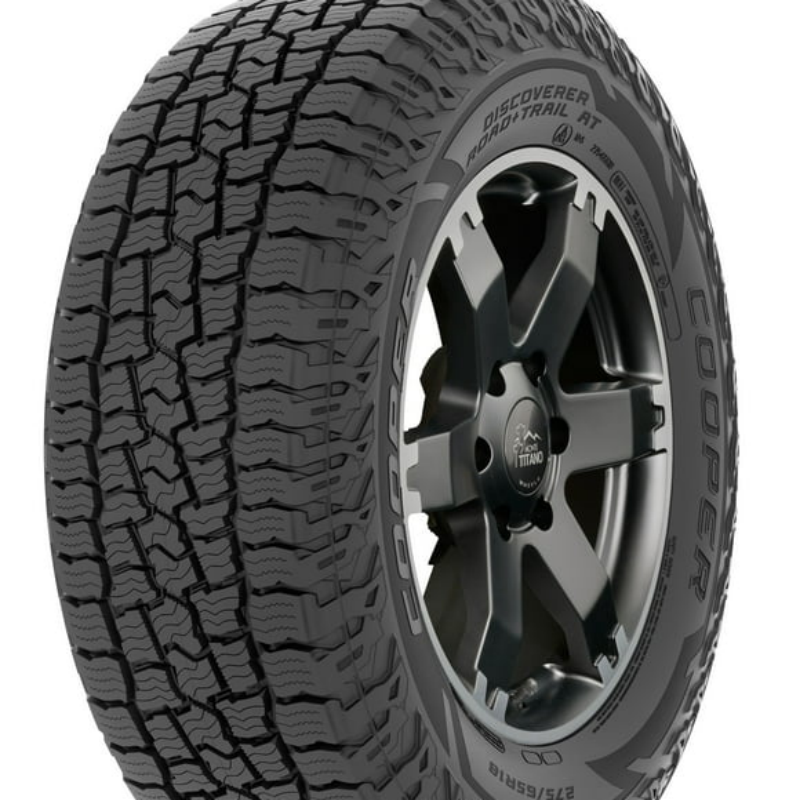When it comes to choosing the right tires for your vehicle, understanding the differences between available options is crucial. Among the most commonly discussed tire types are summer tires and all-season tires. Each category serves distinct purposes and performs differently under various driving conditions. For instance, summer tires are specifically designed to excel in warm weather conditions, providing superior handling and grip on dry and wet roads. In contrast, all-season tires boast versatility, allowing drivers to manage a range of weather conditions without needing seasonal changes. This article provides an in-depth summer tires vs. all-season tires comparison to help you decide which tire type best suits your driving lifestyle, climate conditions, and vehicle performance needs.

Understanding Tire Types
To effectively compare summer tires and all-season tires, it helps to first understand tire types and their intended uses. Tires are classified into categories based on the vehicle’s performance requirements and prevailing driving conditions. Here’s a breakdown of both summer and all-season tires to provide additional context for our comparison:
Summer Tires
Summer tires, as the name indicates, are designed for optimal performance during warmer months. They are manufactured with a rubber compound that provides superior traction, grip, and responsiveness on both dry and wet surfaces. The tread patterns of summer tires are typically shallow and designed to enhance contact with the road, which boosts handling capabilities. While summer tires perform exceptionally well in temperatures exceeding 45 degrees Fahrenheit, they can become stiff and lose traction when temperatures drop.
All-Season Tires
All-season tires, on the other hand, aim to offer versatility for vehicular performance throughout the year. These tires are constructed with a rubber compound suitable for various climate conditions, making them ideal for regions with mild weather. All-season tires feature a tread design that balances handling and traction across dry, wet, and snowy surfaces. While they do offer convenience and year-round usability, all-season tires may not provide the same level of performance as summer tires or winter tires during extreme seasonal conditions.
By understanding these basic definitions, we can proceed to explore their performance comparisons in greater depth.
Performance Comparison: Summer Tires vs. All-Season Tires
When considering the performance of summer tires against all-season tires, several factors come into play. These include traction, handling, braking performance, and ride comfort. Let’s examine these factors in detail.
Traction
When it comes to traction, summer tires typically outshine all-season tires. This is largely due to their specialized rubber compounds and tread designs, which maximize grip on both dry and wet surfaces. In contrast, all-season tires prioritize versatility, which means their traction is often less focused compared to summer tires. Consequently, if your driving involves high-speed trips, aggressive cornering, or wet road conditions, summer tires will likely provide better results.
Handling
Handling refers to how responsive and agile a tire feels while cornering, accelerating, and braking. Summer tires are engineered for precise handling, offering quicker response times due to their stiffer sidewalls, which improve cornering performance. In contrast, while all-season tires have their advantages in a variety of conditions, they often lack the same level of responsiveness as summer tires. If you prioritize sharp handling and precision driving, summer tires will be the better choice.
Braking Performance
An important aspect of tire performance is braking efficiency. Summer tires excel in this category, providing shorter stopping distances, particularly in both wet and dry conditions. With their enhanced grip and optimized tire pressure distribution, summer tires can bring vehicles to a complete stop more efficiently. All-season tires, however, typically feature a compromise in this area due to their design, which aims for a balance across varying conditions. While they perform adequately, all-season tires may not equal the superior braking capabilities offered by summer tires.
Ride Comfort
Comfort is another essential consideration when comparing summer tires and all-season tires. Generally, summer tires may produce a firmer ride because of their stiffer construction. However, this can translate to enhanced feedback on the road, which appeals to performance enthusiasts. All-season tires tend to have a more flexible sidewall, contributing to a smoother, quieter ride, particularly on long-distance journeys. If comfort while driving is a priority, all-season tires may meet your needs better than summer tires.
Durability and Longevity
Understanding tire longevity is essential when deciding between summer and all-season tires. Durability can significantly impact your overall cost and long-term planning for tire maintenance.
Lifespan of Summer Tires
Summer tires typically exhibit shorter lifespans compared to all-season tires. Depending on driving habits, usage, and road conditions, summer tires may last between 20,000 to 40,000 miles. The softer rubber compound contributes to a high level of traction but can wear out more quickly, especially in harsh conditions such as extreme heat. Therefore, it’s advisable to monitor tire health regularly and consider replacing summer tires more frequently.
Lifespan of All-Season Tires
All-season tires generally offer longer lifespans, often lasting between 40,000 to 70,000 miles. This enhanced durability is largely due to their rubber compounds, which provide a balance of performance across varying conditions. However, it’s important to note that while all-season tires are rugged and long-lasting, they may not perform as well in extreme weather conditions and might require replacement more frequently due to varied wear patterns.
Weather Condition Suitability
Another critical factor to examine in our summer tires vs. all-season tires comparison is how well each tire type performs in different weather conditions.
Summer Tire Performance in Various Weather Conditions
Summer tires excel in warm and dry conditions, making them the preferred choice for regions with high temperatures and minimal rainfall. They perform admirably in rainy weather as long as temperatures are above 45 degrees Fahrenheit. However, the performance of summer tires quickly diminishes in cold temperatures, ice, and snow. Their rubber compound can harden in colder conditions, reducing grip and overall safety significantly.
All-Season Tire Performance in Different Weather Conditions
All-season tires are designed to handle a broader range of weather conditions. They perform well in moderate rain and provide reasonable traction in light snow, making them practical in regions that experience mild winters. However, while they are versatile, all-season tires cannot match the performance of dedicated winter tires in extreme snowy or icy conditions. Therefore, if you live in an area that experiences long winters with heavy snowfall, investing in winter tires alongside all-season tires is advisable.
Cost Considerations
Cost is a significant consideration when deciding between summer and all-season tires. While purchasing tires is a necessary expense, managing the lifetime costs is critical.
Upfront Costs of Summer Tires
Summer tires often come with an upfront cost that can range from moderate to high, depending on the brand and performance specifications. Since they are performance-oriented, they tend to be pricier than standard all-season tires due to higher-grade rubber compounds and specialized engineering.
Upfront Costs of All-Season Tires
All-season tires typically present a more budget-friendly option upfront, with prices generally lower than premium summer tires. This affordability, combined with their longer lifespan, makes all-season tires an attractive option for budget-conscious consumers. Therefore, if you’re seeking to minimize your initial investment, all-season tires will likely be the economical route.
Long-Term Cost Analysis
While summer tires may have lower initial costs, consider the frequency of replacement. If you reside in a climate with fluctuating temperatures, you may have to replace summer tires more often than all-season options. This can increase the long-term costs associated with summer tires significantly. In contrast, while all-season tires may be pricier in the short term, their longer lifespans can lead to lower costs over time.
Maintenance and Care
Proper tire maintenance is essential for maximizing the lifespan and performance of both summer and all-season tires. Here are some key practices to consider:

Regular Inspections
Conduct regular inspections of your tires, paying special attention to tread depth, sidewall integrity, and overall condition. Uneven wear patterns can indicate misalignment or improper inflation, which can lead to reduced performance and safety.
Tire Pressure Monitoring
Maintaining proper tire pressure is critical for both summer and all-season tires. Under-inflated or over-inflated tires can affect handling, braking, and tire wear. Invest in a good tire pressure gauge and check your tire pressure regularly, ensuring it falls within the recommended range.
Rotations and Balancing
Rotate your tires periodically according to the manufacturer’s recommendations. Rotating tires helps distribute wear more evenly, maximizing longevity. Additionally, have your tires balanced to ensure a smooth ride and avoid vibration.
Proper Storage
If you switch between summer and all-season or winter tires, proper storage is essential. Store tires in a cool, dry place away from direct sunlight to preserve the rubber components. Keeping tires mounted on the rim can prevent deformation over time.
By adhering to these maintenance practices, you can enhance the performance and lifespan of either summer or all-season tires.
Choosing the Right Tire Type for Your Needs
Selecting the right tires ultimately comes down to your driving habits, climate, and personal preferences. Here are some points to consider when making your choice:
Evaluate Your Climate
Begin by assessing your typical weather conditions. If you live in a region with mild winters and warm summers, all-season tires might be your best bet. On the other hand, if you frequently experience summers with high temperatures and rain, summer tires could enhance your driving experience.
Driving Style
Your driving style also plays a crucial role in determining the right tires for you. If you enjoy spirited driving, performance-oriented summer tires are likely to deliver the performance you seek. However, if you prioritize comfort and practicality on your daily commute, consider all-season tires.
Usage Cases
Analyze your usage cases. If your driving involves mainly short trips and city commutes, all-season tires may suffice. In contrast, if you frequently embark on road trips or higher-speed driving, summer tires will provide a noticeable improvement in handling and overall performance.
Budget Considerations
Consider budget constraints in your decision-making process. If you are seeking an economical choice that balances performance and lifespan, all-season tires may be the best option for you. However, if you have a higher budget and prioritize performance, summer tires can provide a game-changing upgrade.

Conclusion
In summary, the summer tires vs. all-season tires comparison highlights many factors that drivers must consider when selecting the ideal tires for their vehicles. Both types offer unique advantages and drawbacks, making it essential to evaluate your climate, driving style, maintenance preferences, and budget. If you seek performance, better handling, and superior grip in warm conditions, summer tires are an excellent choice. Conversely, if versatility, comfort, and cost-effectiveness suit your needs, all-season tires will serve you well year-round. Ultimately, the decision lies in understanding your personal requirements and making an informed choice that enhances your driving experience while ensuring safety on the road.

